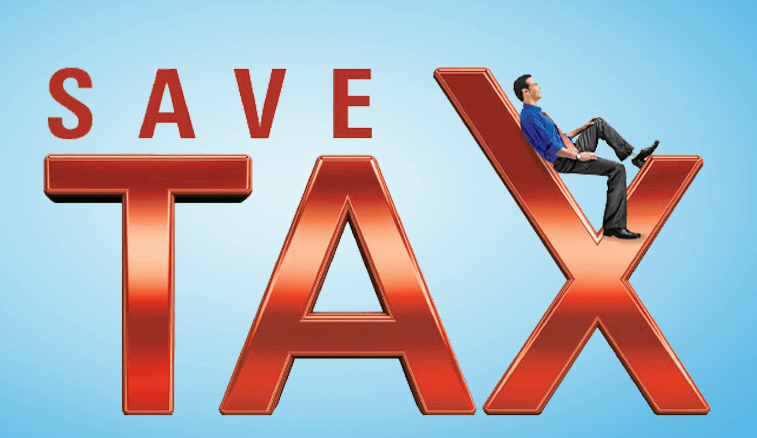
How To Save Tax-Different Options To Save Tax
How To Save Tax-Different Options
To Save Tax [AdSense-B]
Act before March-end, so that you don’t have to regret it in July! So many clients put their palms on their heads when it is time to pay taxes and file a return, in July. Taxes have already fired at them, they have done nothing to save themselves against the tax shots.
They could have saved a pretty good amount of taxes, but their lethargy proved to be costly for them. Now is the time! The financial year is about to end, build up your weapons. If you make appropriate investments, you can save a lot of tax. CA In Delhi‘s guide will help you answer a much-asked question – How to save tax and different options to save tax
How To Save Tax Different Options Following are:
Using Section 80C:
This section is your strongest weapon. It gives you a maximum deduction of Rs 1,50,000 in combination with Section 80CCC and Section 80CCD if invested in specified instruments. The most popular of those specified instruments are:
-
Provident Funds and Voluntary Provident Funds:
PF is deducted from your salary as your contribution and your employer’s contribution. Your contribution is allowed as a deduction under Section 80C.
-
Public Provident Fund: [AdSense-B]
You can contribute from Rs 500 to maximum of Rs 1,50,000
-
Equity Linked Savings Scheme:
These are mutual fund schemes specially made for tax savings. If you make an investment in mutual funds, make sure you invest in ELSS mutual funds to save taxes.
-
Life Insurance Premium:
A life insurance premium paid for yourself, your spouse, or your children is allowed as a deduction under this section. Premium paid for parents or in-laws is not allowed.
-
National Savings Certificate (NSC):
NSC has a maturity period of 5 years and 10 years. The minimum investment amount is Rs 100 and there is no upper limit. But, just don’t forget that the maximum deduction allowed under section 80C is Rs 1,50,000 only, irrespective of the amount deposited in NSC.
-
Pension Funds:
An investment in the pension fund is also allowed under section 80CCC.
- 5-year Fixed Deposits:
FDs with a lock-in period of 5-years can also get you a deduction under this section. -
Sukanya Samridhi Account:
Sukanya Samridhi Account can be opened at any time during the birth of a girl child till she is 10 years older. The minimum deposit is Rs 1,000 and the maximum is Rs 1,50,000 during a year. Parents can open this account for a maximum of up to 2 girls.
-
Home Loan Principal: [AdSense-B]
If you have paid EMI on a home loan, the ‘principal’ component is allowed as a deduction under this section. The interest component is allowed under section 24 of the Income Tax Act.
-
Unit Linked Insurance Plan:
Unit Linked Insurance Plans not only provide insurance cover but are also a decent form of investment. The money invested in ULIPs is put into shares and customers are at liberty to choose how much of their funds must be invested in shares.
-
Senior Citizens Saving Scheme:
This scheme is meant for senior citizens who have attained the age of 60 years. No age limit for retired defense personnel if they fulfill certain conditions.
The above bullet against taxes can be further strengthened under section 80CCD. An additional deduction of Rs 50,000 is allowed under this for investment in National Pension Scheme.
Using Section 80 D:
This is your weapon that not only attacks the taxes but also protects your health. This is the deduction for medical premium. Deduction for medical of self, spouse, and dependent children is available up to Rs 25,000. The deduction for senior citizens is Rs 30,000, which is inclusive of the health insurance premiums and medical bills.
Section 80DD is for disabled persons. Persons with disabilities are allowed a deduction of Rs 75,000, while persons with severe disabilities are allowed a deduction of Rs 1,25,000.
Section 80DDB allows a deduction for specified diseases. Rs 40,000 are allowed for medical treatment expenses on self or dependent relative. For senior citizens, a lower than Rs 60,000 or actual expenditure incurred is allowed. For very senior citizens, the maximum deduction is allowed Rs 80,000.
Using Section 80 E:
Interest paid for an education loan of himself, spouse or children, or the student of whom he is a legal guardian, is allowed under this section. There is no maximum limit for claiming a deduction on interest on education loans.
Using Section 80 G: [AdSense-B]
This section fetches your deduction for donations made. Donation for charity, social or philanthropic motive, or contribution towards National Relief Fund, this donation can be allowed under this section.
But, do remember, for cash payment, the deduction only till Rs 10,000 is allowed. For deductions over Rs 10k, donations have to be made through cheque.
These investments need to be made before March 31, so that you can avail benefits of saving tax. So, build up your defense base against taxes. When taxes start firing at you, shoot back with these deductions. 😉
Contact CA’s In Delhi from a list of best-chartered accountants available on CA In Delhi‘s homepage or for any help Feel free to mail at [email protected].